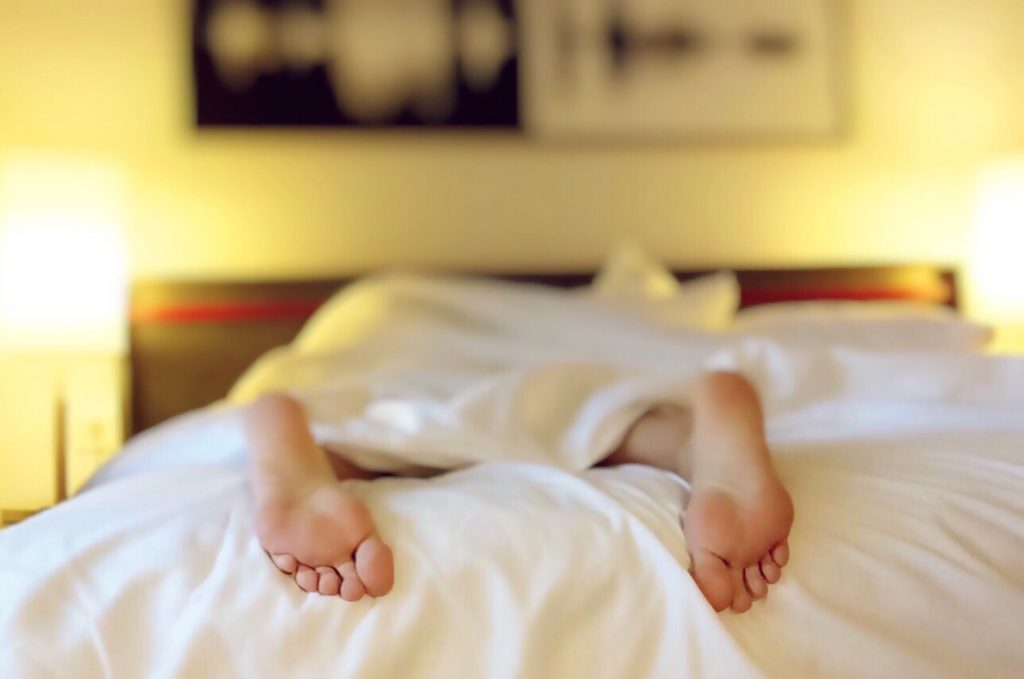Hands up, who has problems sleeping?

Ah yes, lots of you. And I’m in there too.
For me, getting off to sleep is easy. It’s staying asleep that’s the difficult bit. And then getting back to sleep. Broken sleep started with small children, continued through eldercare, and it’s still with me.
Yet, as many of you may have found, health professionals don’t know how to deal with insomnia. They offer the standard sleep hygiene advice that many of us could probably tell them backwards, but they don’t know what else to offer other than popping pills.
It was with delight therefore that I watched the recent TV programme about how many of us are suffering from sleep deprivation and just want to get a good night’s sleep, most nights.
The programme looked at various types of broken sleep, well beyond just not being able to nod off in the first place. And, vitally, it talked to sleep experts.
The positive coming out of the conversation is that there is an app. Not just a general lightweight approach of don’t do this and don’t do that, but a tailored insight into what’s keeping you awake and how to unlearn the cycle of waking and worrying.
Having completed the first session, I’m quite optimistic that this could help. If nothing more, it acknowledges that there are different types and reasons for sleep issues, and that’s a big step forward.
I’ve signed up for the programme, called Sleepio, which is entirely free and available via browser and i-type devices. I thought it might be useful for anyone else contemplating joining if I share what the programme has to offer over its six-week course. So here goes. I’ll be back to this post every week with latest updates.
Week one – understanding the problem
Today I’ve spent about half an hour on the first session of the programme. So far, I’m impressed. And very optimistic.
This session is about describing, through multiple choice, what the issue is. You explain when you sleep and how long you sleep. You tell the ‘Prof’ what you feel the effect of too little sleep is on your live, and what you want to achieve, so that together you can set a clear goal.
That ‘together’ is important because you are asked to be committed to doing the work, some of which might be uncomfortable. And the ‘Prof’ commits too, to helping you through.
There are several things I really like about this programme so far.
The first is that it really wants to understand what my challenges are, so that it can tailor my tasks and goals to my issues.
It seems to really get me. It understands that people can get to sleep easily but can’t stay asleep through the night. And that they worry about that. And that there are plenty of other causes for and effects of not sleeping.
The ‘Prof’s’ voiceover is lovely. A beautiful Scottish lilt that I suspect is the actual expert interviewed by the television programme.
There’s no hint of being judgemental. There are questions about whether you smoke or feel you’re overweight, but no sign that there will be slapped wrists for this sort of behaviour.
And finally, it has humour.
The first task for this week is to keep a sleep diary. So I’ll be needing to keep a note of when I wake up each time and how long for. That’s all good, because it will help the ‘Prof’ to understand my problem, and measure progress across the course of the programme.
See you next week.
Sleepio is being trialled by When They Get Older editor, Kathy Lawrence.
Here’s week 2’s report.

